People who are victims of narcissism continue to suffer from PTSD after abuse, no matter how many years go by. Narcissistic abuse is a form of abuse that leaves very little evidence but leaves the victim shattered.
A narcissist never loves himself/herself. It is actually the idealized image that they convince themselves to admire. There always remains a huge gap between the façade they create to paint the deflated self-esteem and their actual self.
They work hard to avoid the shame they live in. Many of the coping strategies, in other words, their defense mechanisms are abusive in nature – hence the term narcissistic abuse. They will use innumerable abusive techniques like emotional withholding, lying, belittling, bullying, accusing, blaming, shaming, gaslighting, sabotaging, invading privacy, and lots more to keep control over you.
Psychological abuse leaves behind long-lasting feelings of worthlessness and inadequacy, a sense of being separate from love. After such a damaging phase it is natural to develop PTSD (Post Traumatic Stress Disorder), as the survivor replays every memory over and over in their mind. It deeply scars the psyche of the person.
Related: What Is Post-Narcissist Stress Disorder (PNSD)? and its 3 Major Symptoms
The feelings of worthlessness and inadequacy are so unbearable that the mind is desperately trying to figure out what happened, to ensure it never happens again. The mind slowly develops an illusion of control, by analyzing everything and being curious about every little detail.
From here, the victim of such abuse starts taking shelter under a defensive wall: anger, resentment, fear, and blame. While these are all completely understandable after abuse, they can also block us from discovering the real self that one is.
Once the victim starts to suppress these scars, avoid the conflict and introject the pain within, slowly the person’s personality starts to modify: one might become withdrawn, initiate people-pleasing behavior, loving excessive solitude, over accomplishing, perfectionism, constant inner battles—and ultimately leading to depression, anxiety, insomnia, even paranoia.
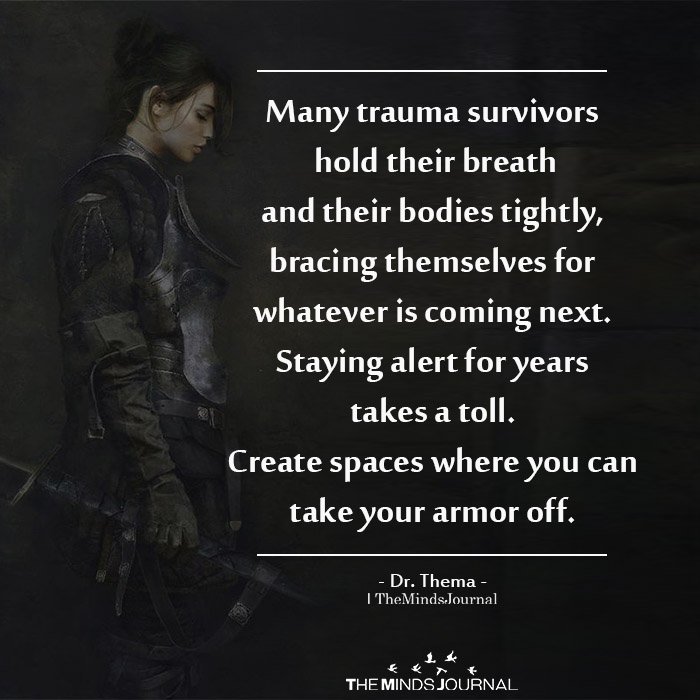
Unraveling PTSD after Abuse: Narcissistic Abuse Can Scar You For Life
In order to unravel this puzzle, we must get back to the root cause: those unbearable feelings.
Working with a professional psychotherapist is recommended to smoothly work through this process of healing. Remember, these feelings were so intense that your body has taken a defensive stance to the feelings and now you do not feel them anymore. But they’re still stored in your body, and that is the nature of PTSD.
This journey starts when we become aware of what’s really going on in our body and mind. Instead of living in our protective mechanisms, we start to notice them.
At first, you may be inclined to judge or dislike these parts of yourself, but that’s not the purpose of this work. Instead, we begin to develop a curious awareness of what we are feeling inside, our conflicts, and the discrepancies in our thoughts and actions. So it is acceptable if we become judgmental or angry with ourselves during this process.
When we work through trauma, it’s important to pay attention to our bodies (heart, muscles, gut), which has a language of its own. It’s frustrating to communicate with body sensations like “numbness” or “tension”, but we can start with the knowledge that our bodies put up those defenses to protect us from some really overwhelming emotions.
By acknowledging this noble effort, we can begin putting a holistic effort into working through the issues.
Given that psychological abusers minimize and dismiss your emotions, it’s quite common in this process to think “This is stupid” or “I’m making this all up” or “I’m actually to blame”. “All my emotional experiences are useless and invalid.”
In fact, you might notice a lot of your healing has been done from asking the question to yourself: “What is wrong with me?”
It won’t be easy in the beginning because these anxieties and doubts are etched deeply in your thought patterns now. But putting the effort to embrace these thoughts and working on them, one at a time will help you reach complete awareness. As it grows stronger, your body will begin to unravel the old wound, piece by piece. These feelings are likely to be overwhelming and intolerable at first.
Related: Anxiety Disorders Typically Caused By Exposure To Narcissistic Abuse
These flashbacks of abusive memories might wake you up in the middle of the night, feeling stronger and “more real” than your mindful awareness. But the more intense these feelings become, the stronger your own awareness will become. Because it perpetuates the truth: that no human being, yourself included, deserves to feel this way.
With time, you may start to notice how negatively critical and analytical you’ve been with yourself. You may start to regard your old protective mechanisms with gratitude and understanding, rather than loathing. You might gradually start to accept yourself, your bitterness, and the fact that you have been abused, cheated, and broken yet working on the healing procedure.
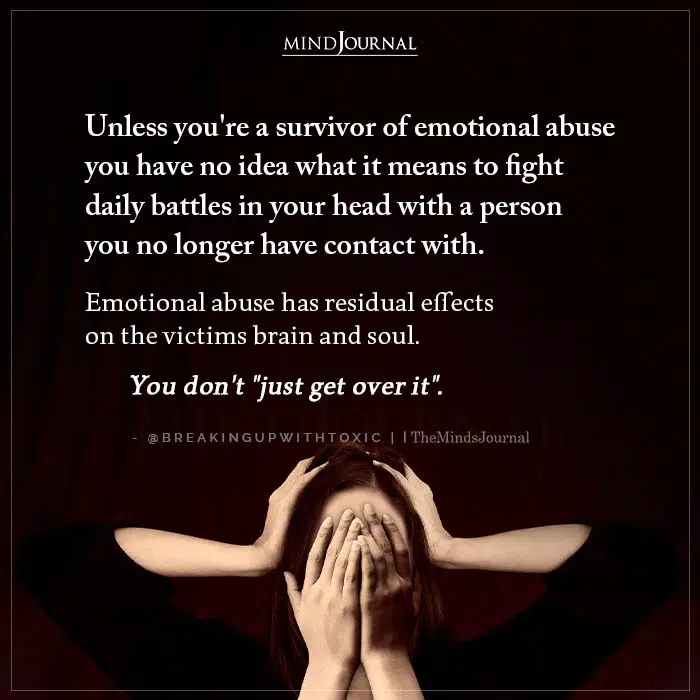
The more you see these truths, the stronger your awareness will grow. And eventually, it will become a journey of awareness toward discovering, exploring, and rebuilding yourself. That is the ultimate gift of this work. By the end of it all, you have something you never had before. You are a new person altogether.
However, it is necessary to take expert help from a therapist who has a greater knowledge of dealing with these psychological issues you are left behind after the abuse. The success lies in the joint effort of you and your therapist working together for discovering a ‘healed’ you.
Note: This work can take months or years of practice. The change is never sudden; it is rather a gradual shift in the way we perceive, think, feel, and believe. The more we implement these techniques into our lives, the more naturally they are integrated. Eventually, old habits are replaced with new ones.
Want to know more about how to heal PTSD after abuse? Check this video out below!
Frequently Asked Questions (FAQs)
Can you have PTSD from emotional abuse?
Emotional abuse does not cause PTSD, however, it does have the potential to.
Can emotional abuse cause PTSD?
Generally emotional abuse does not lead to PTSD, but it can in some cases.
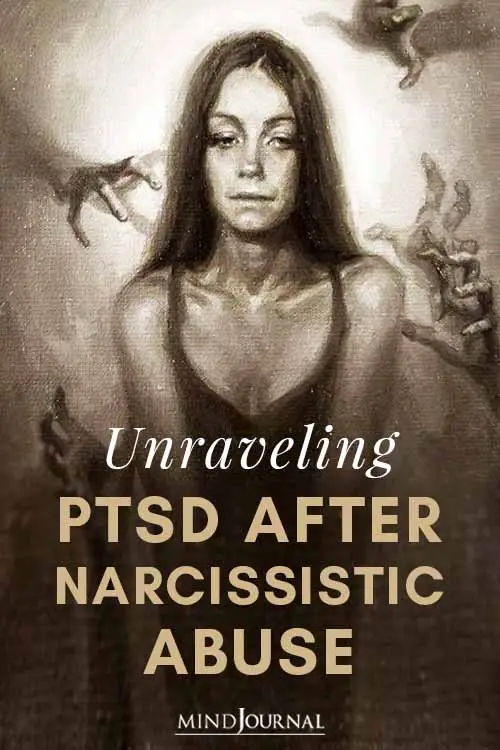
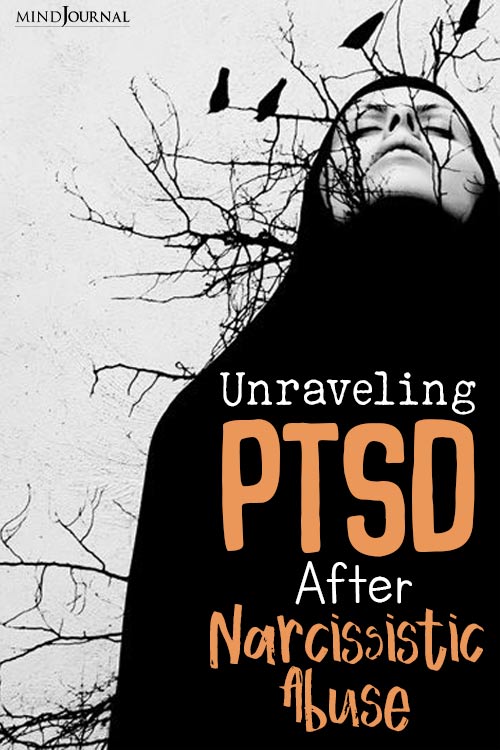
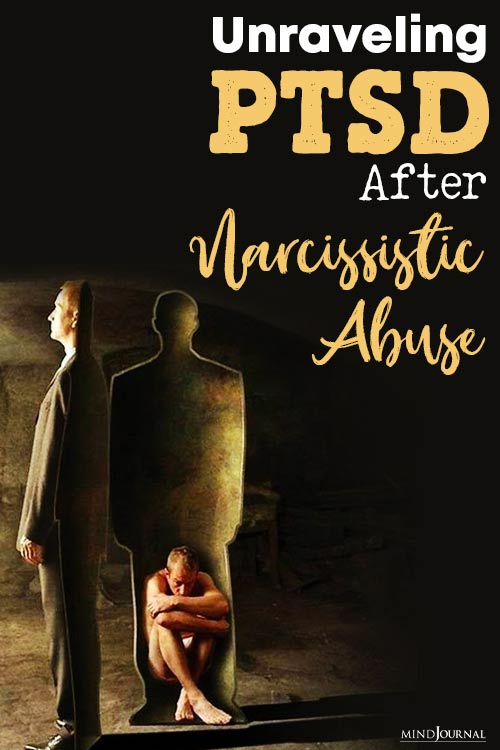
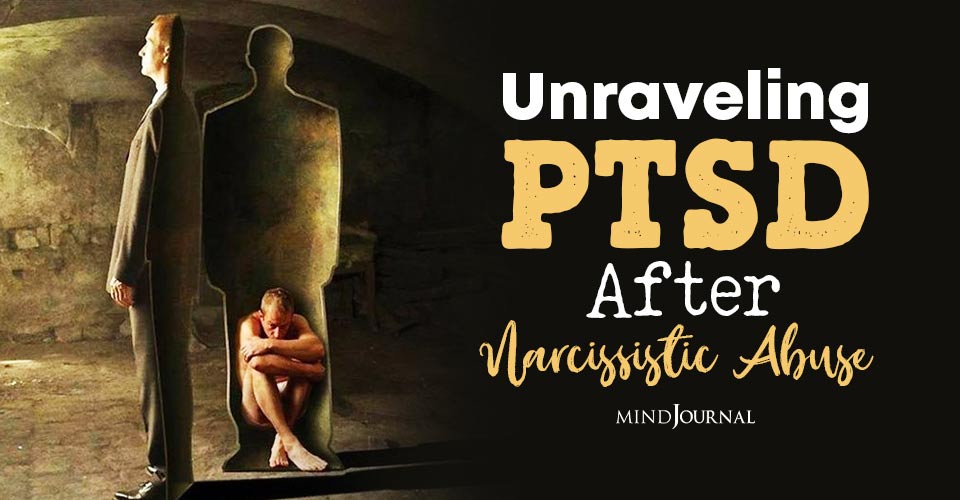





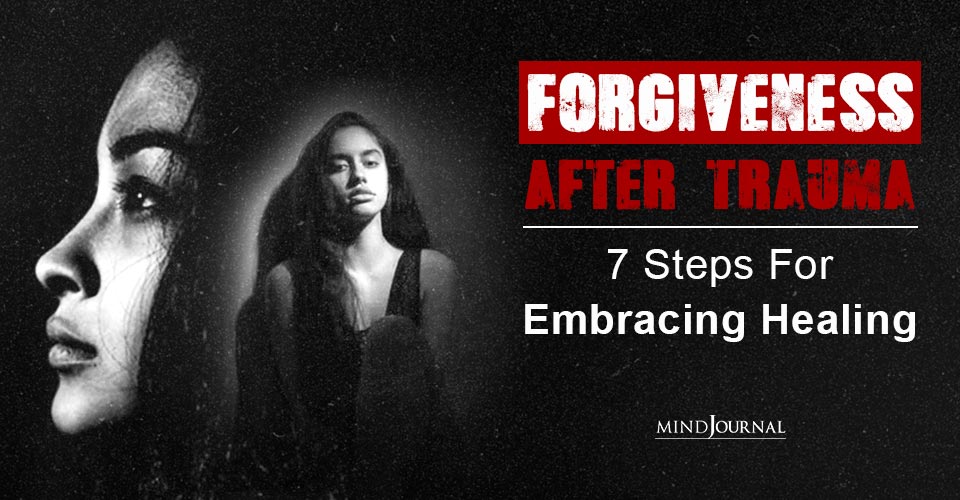

Leave a Reply
You must be logged in to post a comment.